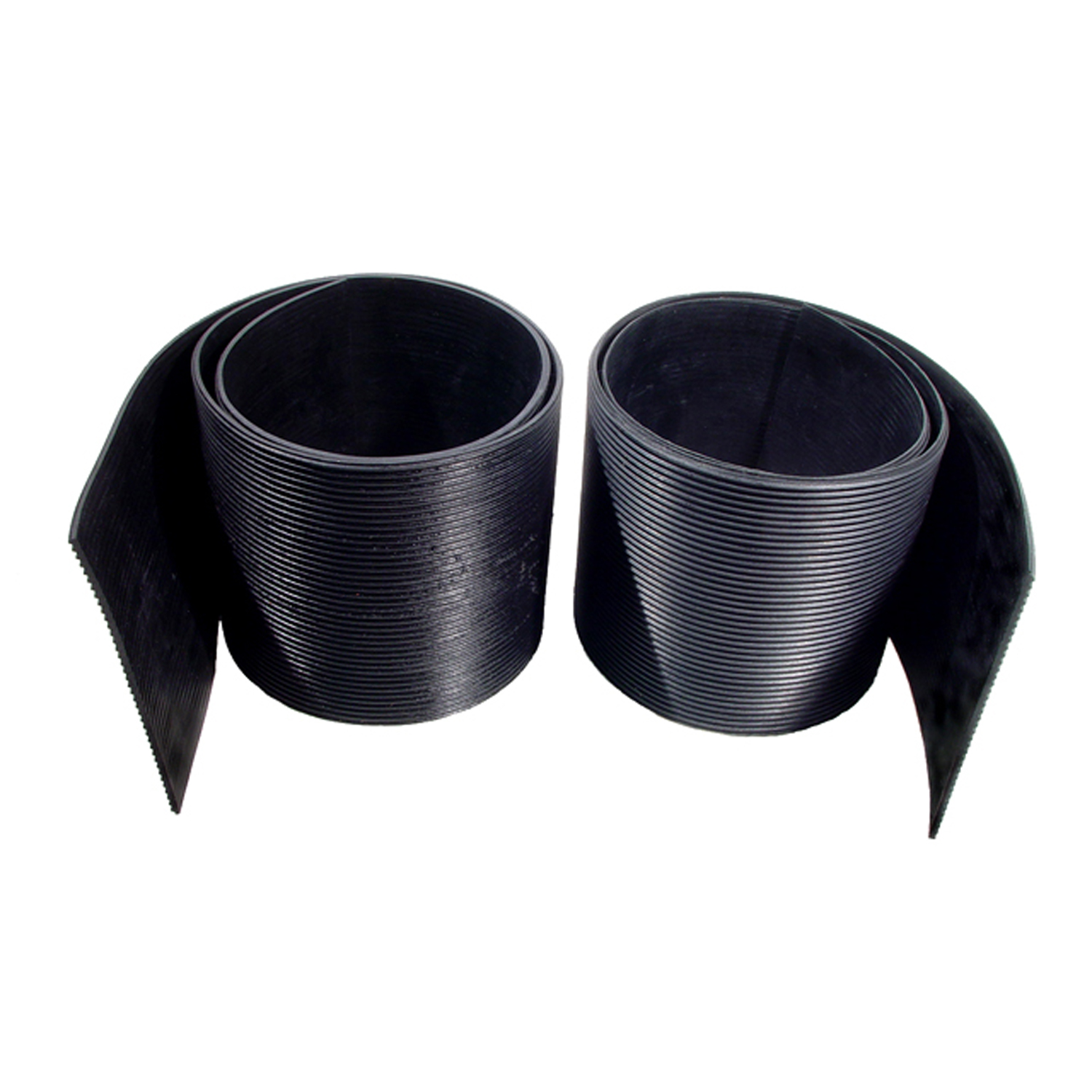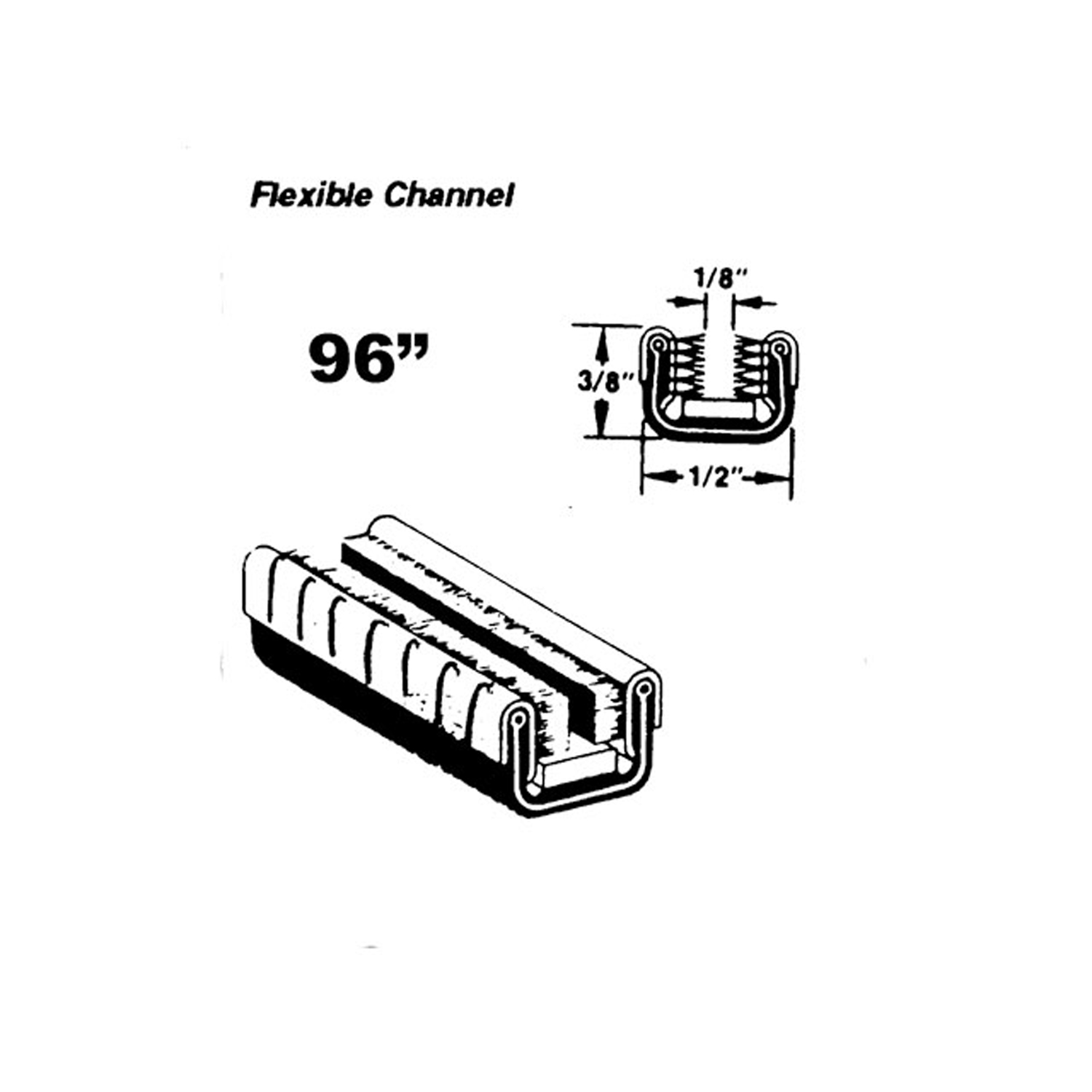Image of 1974 Mercedes-Benz 280, Note: These illustrations use artistic license and may differ from actual historical models.
Performance Metrics
Fundamental Metrics
Emotional Appeal
MMP Rating
| Engine Specifications | |
|---|---|
| Engine: | Inline 6 |
| Displacement: | 2746 cc |
| Horsepower: | 160 hp |
| Torque: | 180 lb-ft |
| Compression Ratio: | 9.0:1 |
| Ignition System: | Electronic ignition system |
| Cooling System: | Liquid-cooled |
| Performance Specifications | |
| 0-60 Time: | 10 seconds |
| 1/4 Mile Time: | 17 seconds |
| Top Speed: | 118 mph |
| Transmission and Drive | |
| Drive Type: | Rear-wheel drive |
| Transmission Type: | 4-speed automatic or 4-speed manual |
| Fuel and Efficiency | |
| Fuel System Type: | Fuel injection |
| MPG: | 16-18 mpg |
| Dimensions and Brakes | |
| Brakes: | Disc brakes |
| Wheelbase: | 108.3 inches |
| Weight: | 3,400 lbs |
Note: Specifications for classic cars are given to the best of our ability, considering the limited and variant data available.
1974 Mercedes-Benz 280: A Testament to Timeless Elegance
The 1974 Mercedes-Benz 280 is not merely a car; it's a piece of automotive history that exudes class and sophistication from every angle. Born from the esteemed German manufacturer with a reputation for luxury and durability, this model stands as a testament to the brand's commitment to excellence during the 1970s. The Mercedes-Benz 280, particularly of the W114/W115 series, was a vehicle that not only defined an era but also set standards for future generations of cars.
Design and Innovation
With its sleek contours and iconic grille, the exterior of the 1974 Mercedes-Benz 280 was a harmonious blend of form and function. The bodywork was meticulously crafted, showcasing the brand's attention to detail and design prowess. Inside, passengers were greeted with an opulent cabin featuring high-quality materials such as rich leather upholstery and polished wood trim. Technologically ahead of its time, the 280 boasted features like central locking and power windows—luxuries that were far from standard in that era. Color options ranged from classic silvers and blacks to more vibrant blues and reds, with hues like Icon Gold adding a touch of extravagance. Among the body styles, the sedan was particularly popular, though the coupé variant held its own as an icon of style.
Historical Significance
The Mercedes-Benz 280 made an indelible mark on automotive history through its advanced engineering and timeless design. It was a vehicle that embodied the luxury and performance standards of Mercedes-Benz, distinguishing itself from competitors with its refined ride quality and robust build. The introduction of safety features such as crumple zones and strengthened passenger cells also set new benchmarks in vehicle safety.
Performance and Handling
Underneath the hood, the 1974 Mercedes-Benz 280 was powered by a robust inline-six engine that delivered smooth acceleration and a top speed that could compete with the best in its class. The car's acceleration from 0-60 mph was respectable for its time, reflecting Mercedes-Benz's commitment to combining performance with luxury. On the road, drivers enjoyed a balanced handling experience; the car's suspension adeptly absorbed imperfections while providing enough feedback to navigate through twists and turns confidently. The driving experience was further enhanced by the symphonic hum of its engine—a sound that is music to any auto enthusiast's ears.
Ownership Experience
The 1974 Mercedes-Benz 280 found its place in various roles ranging from daily commuting to gracing car shows with its presence. Its reliability stood out in an era when this was not always a given, making it a preferred choice for those who valued longevity alongside luxury. Maintenance was straightforward for those familiar with classic cars, though some parts might now be considered rare or require sourcing from specialists.
Fun Facts
The 1974 Mercedes-Benz 280 has seen its fair share of limelight with appearances in movies and driveways of celebrities alike. While not known for breaking speed records, it held records in endurance and reliability that are still celebrated today. Despite criticisms over time regarding fuel efficiency—a common issue among vehicles of this era—its legacy remains largely untarnished.
Collector's Information
Today, collectors seek out the 1974 Mercedes-Benz 280 for its elegance and historical value. While exact production numbers are elusive, it is known that these vehicles are becoming increasingly rare on the market. Prices can vary widely based on condition, mileage, and provenance but typically range from $10,000 for models in decent shape to upwards of $30,000 or more for pristine examples or rare configurations.
Conclusion
The 1974 Mercedes-Benz 280 is more than just a classic car; it's a symbol of automotive craftsmanship at its finest. With its rich history, timeless design, and enduring appeal among collectors, this vehicle continues to be celebrated as one of the crowning achievements of Mercedes-Benz's storied past.
1974 Mercedes-Benz 280 Catalog of Parts
 1974 Mercedes-Benz 280 Step Plate Pad. Inner correct ribbing as original-SP 19Step Plate Pad. Inner correct ribbing as original. 4-3/4" wide X 44" long. Each
1974 Mercedes-Benz 280 Step Plate Pad. Inner correct ribbing as original-SP 19Step Plate Pad. Inner correct ribbing as original. 4-3/4" wide X 44" long. Each 1974 Mercedes-Benz 280 Flexible glass-run channel. Rubber covered and pile lined-WC 12-96Flexible glass-run channel. Rubber covered and pile lined. Unbeaded. 96 in. long. Each. NOTE: $20 special shipping charge applies for domestic orders. Call or email for overseas shipping costs. Part can be sectioned in two or three equal lengths to reduce overseas shipping costs.
1974 Mercedes-Benz 280 Flexible glass-run channel. Rubber covered and pile lined-WC 12-96Flexible glass-run channel. Rubber covered and pile lined. Unbeaded. 96 in. long. Each. NOTE: $20 special shipping charge applies for domestic orders. Call or email for overseas shipping costs. Part can be sectioned in two or three equal lengths to reduce overseas shipping costs.Why Choose Metro?
For over 100 years, Metro Moulded Parts has been the pinnacle of quality in classic car restoration parts. Our commitment to precision and authenticity in every component ensures a perfect fit and an OEM-level appearance.
- Expert Craftsmanship & Quality: Each part is a testament to our dedication to reliability and perfection, crafted from original designs and thoroughly tested.
- Advanced Technology: We use cutting-edge techniques to create flawless, long-lasting parts that surpass others in performance.
- SuperSoft Sponge – The Ultimate Door Seal: Not only are our door seals 30% softer than competitors', but they're also guaranteed to never leak. They effectively reduce wind and road noise, enhancing your classic car's comfort and driving experience.
- Proudly American: Our parts are a product of American craftsmanship, made in the USA with a spirit of excellence and heritage.
- Unrivaled Warranty: We back our products with a 30-year industry-leading warranty, a testament to our confidence in their quality.
Join us in preserving the legacy of classic cars with parts that are crafted for perfection, not just made.

